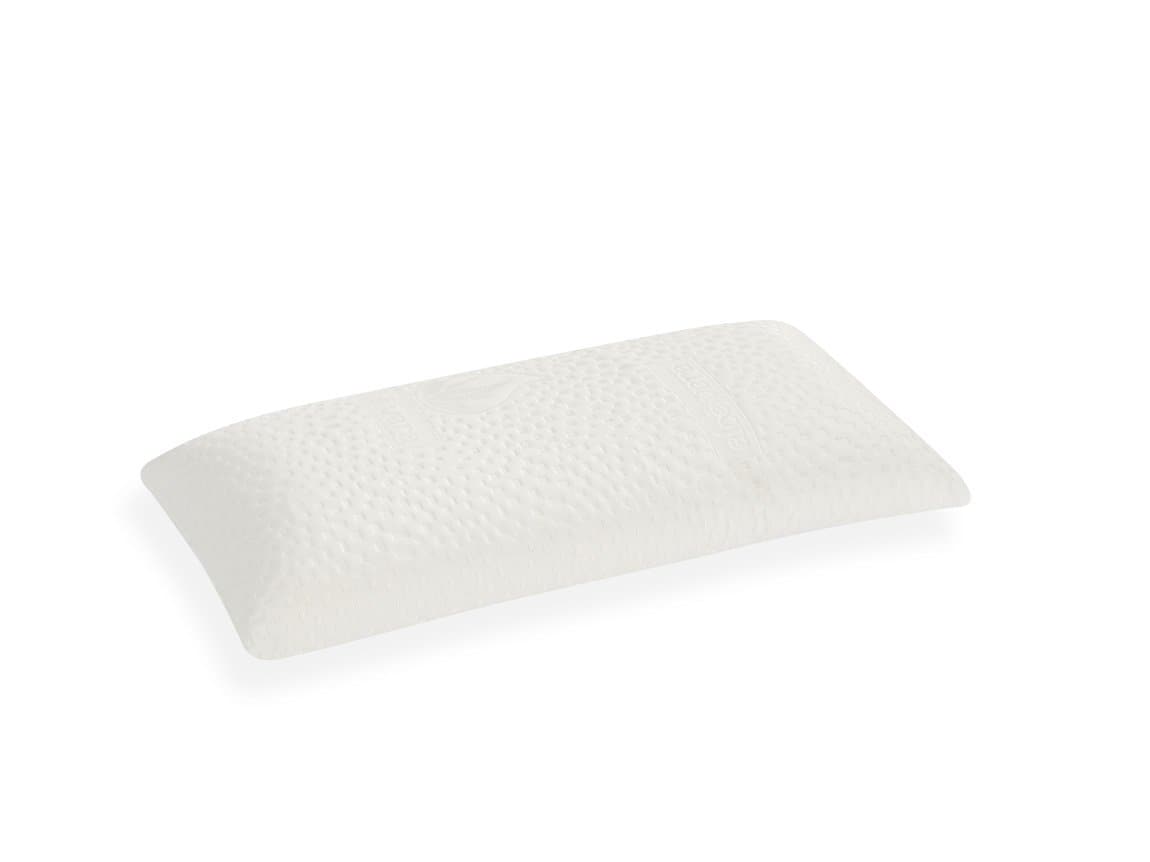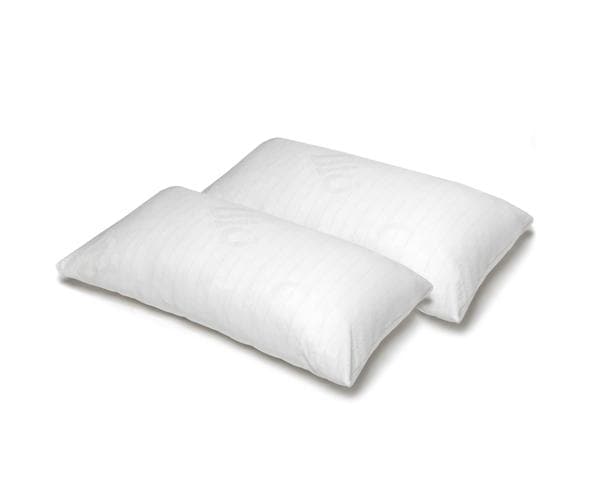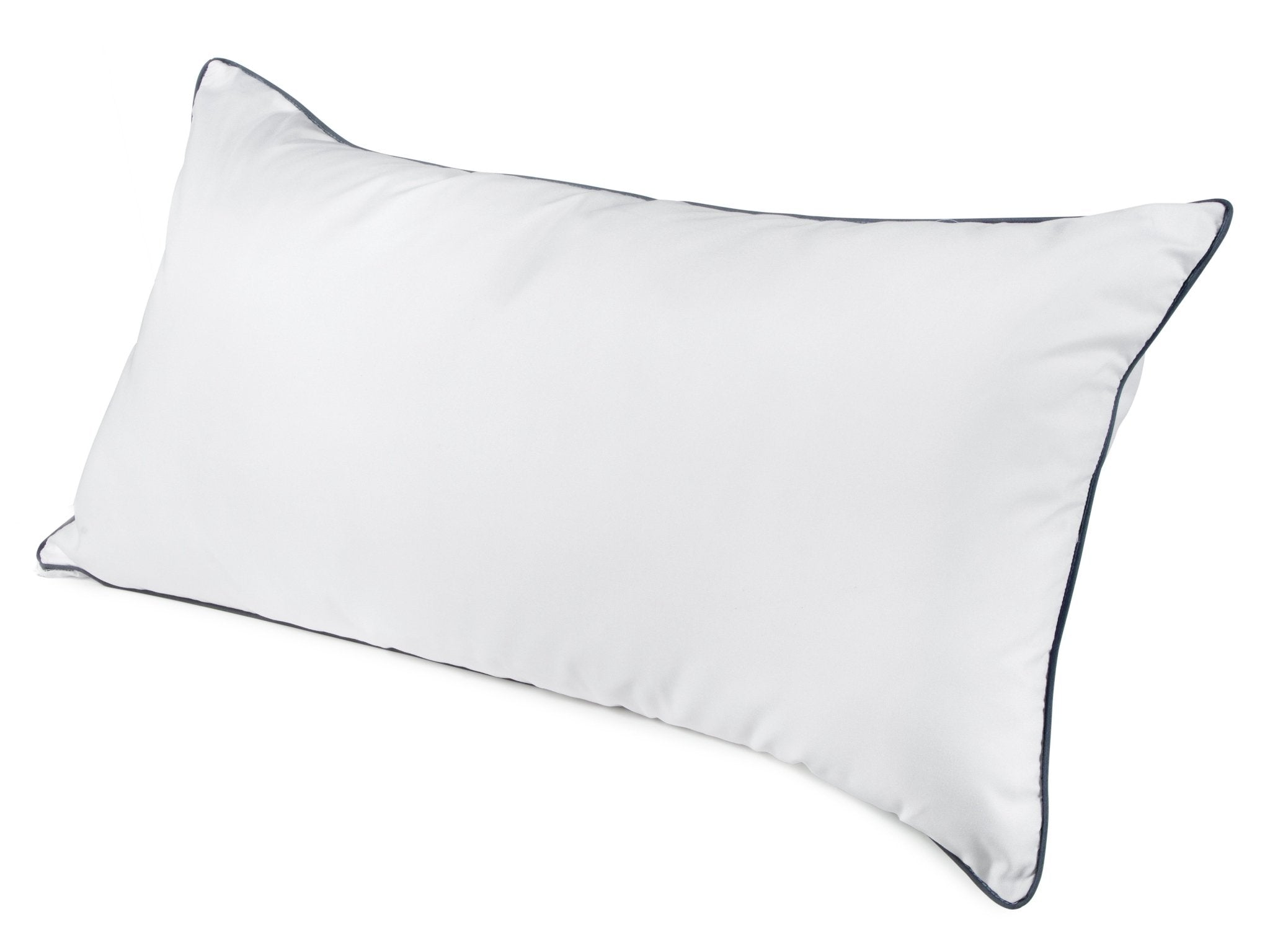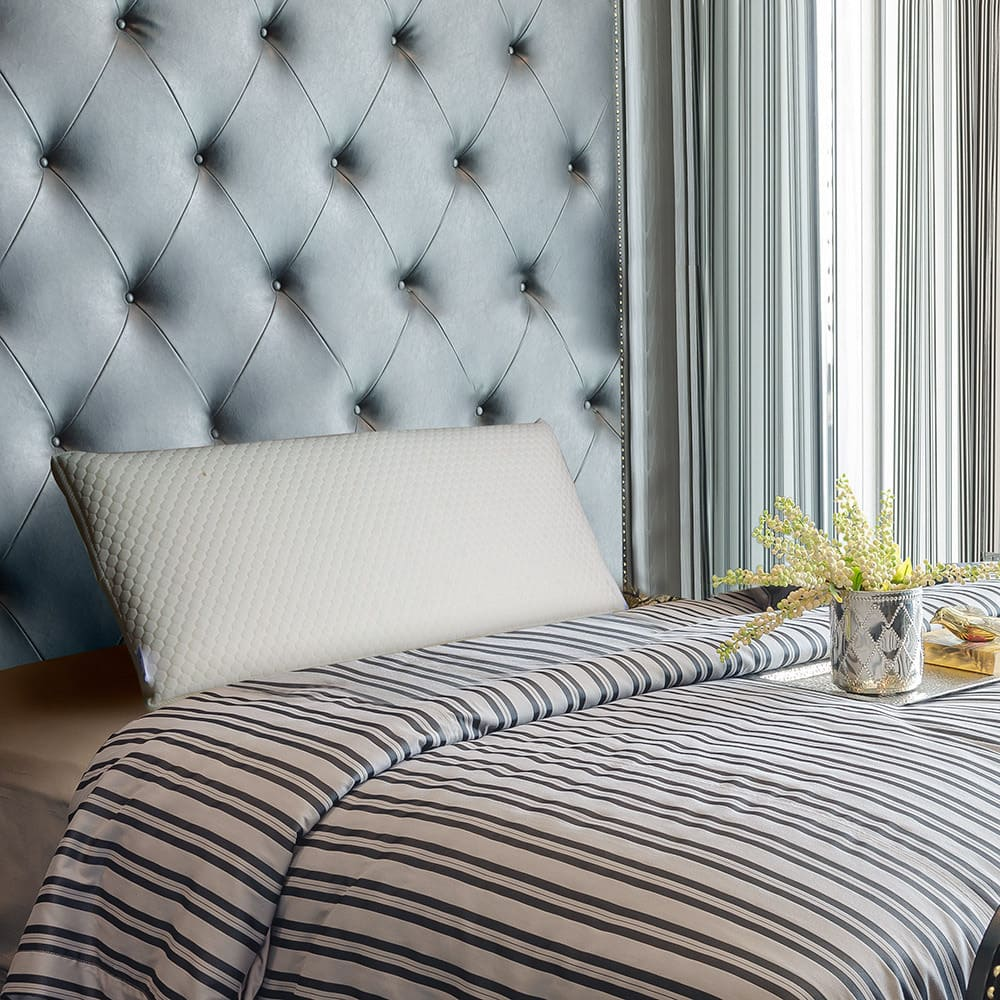Trolley
you carry 1€ Congratulations! Shipping on your purchase will be free.
We care about you and your well-being, which is why we guarantee that once it leaves our facilities, your order will arrive to you in 24 to 48 hours anywhere on the peninsula. We strive to meet your expectations, ensuring that that well-deserved rest is at the door of your house in the shortest time possible.
Complete your order
Completa tu pedido
-
 Nordic visco core pillowTecnología Sanitized®: antiácaros, antihongos, antibacterias e hipoalergénica. Certificado OEKO-TEX®: libre de sustancias nocivas en su f...
Nordic visco core pillowTecnología Sanitized®: antiácaros, antihongos, antibacterias e hipoalergénica. Certificado OEKO-TEX®: libre de sustancias nocivas en su f...55€25€Oferta -
 Visco Anti-Stress Flakes PillowLa almohada antiestrés, lleva unos micros filamentos de carbono que ayudan a rebajar el estrés de nuestra vida diaria.
Visco Anti-Stress Flakes PillowLa almohada antiestrés, lleva unos micros filamentos de carbono que ayudan a rebajar el estrés de nuestra vida diaria.40€19€Oferta -
 Almohada microfibra Cotton FeatherNúcleo de microfibra al 100%. Funda exterior en tejido de microfibra extra suave con ribete contrastado en color morado oscuro. Protecció...
Almohada microfibra Cotton FeatherNúcleo de microfibra al 100%. Funda exterior en tejido de microfibra extra suave con ribete contrastado en color morado oscuro. Protecció...49€30€Oferta -
 Seafoam PillowNúcleo multiperforado de Gel viscoelástico SeaFoam con células abiertas de alta transpirabilidad.
Seafoam PillowNúcleo multiperforado de Gel viscoelástico SeaFoam con células abiertas de alta transpirabilidad.90€54€Oferta
Total
0€
Fináncialo desde 0€/mes con 0% TAE.
Completa tu pedido
-
 Nordic visco core pillowTecnología Sanitized®: antiácaros, antihongos, antibacterias e hipoalergénica. Certificado OEKO-TEX®: libre de sustancias nocivas en su f...
Nordic visco core pillowTecnología Sanitized®: antiácaros, antihongos, antibacterias e hipoalergénica. Certificado OEKO-TEX®: libre de sustancias nocivas en su f...55€25€Oferta -
 Visco Anti-Stress Flakes PillowLa almohada antiestrés, lleva unos micros filamentos de carbono que ayudan a rebajar el estrés de nuestra vida diaria.
Visco Anti-Stress Flakes PillowLa almohada antiestrés, lleva unos micros filamentos de carbono que ayudan a rebajar el estrés de nuestra vida diaria.40€19€Oferta -
 Almohada microfibra Cotton FeatherNúcleo de microfibra al 100%. Funda exterior en tejido de microfibra extra suave con ribete contrastado en color morado oscuro. Protecció...
Almohada microfibra Cotton FeatherNúcleo de microfibra al 100%. Funda exterior en tejido de microfibra extra suave con ribete contrastado en color morado oscuro. Protecció...49€30€Oferta -
 Seafoam PillowNúcleo multiperforado de Gel viscoelástico SeaFoam con células abiertas de alta transpirabilidad.
Seafoam PillowNúcleo multiperforado de Gel viscoelástico SeaFoam con células abiertas de alta transpirabilidad.90€54€Oferta




